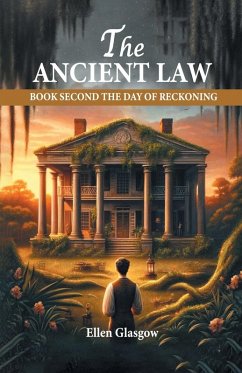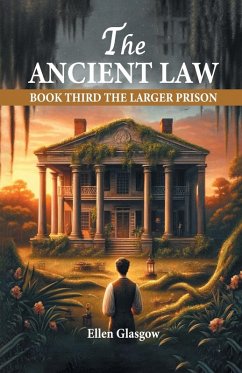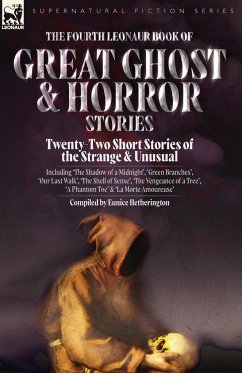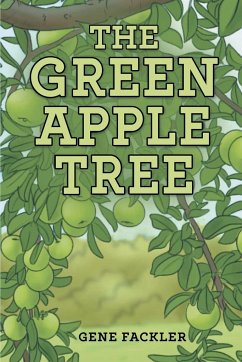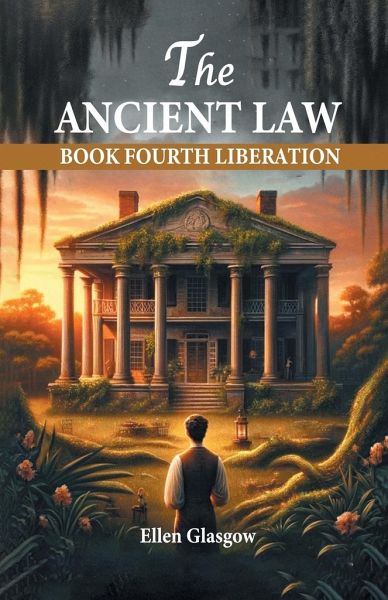
The Ancient Law Book Fourth Liberation
Versandkostenfrei!
Versandfertig in 1-2 Wochen
12,99 €
inkl. MwSt.

PAYBACK Punkte
6 °P sammeln!
In the fourth part of "The Ancient Law" (original title: "Das Alte Gesetz") by Wilhelmine von Hillern, the story continues to follow Friedrich as he navigates the complexities of his life, caught between tradition and modernity. This section deepens the exploration of the themes established earlier in the novel, bringing Friedrich's journey to a more mature and reflective stage. Friedrich faces new and significant challenges that test his resolve and convictions. The tension between the ancient laws of his heritage and the evolving societal norms reaches a critical point, forcing him to make p...
In the fourth part of "The Ancient Law" (original title: "Das Alte Gesetz") by Wilhelmine von Hillern, the story continues to follow Friedrich as he navigates the complexities of his life, caught between tradition and modernity. This section deepens the exploration of the themes established earlier in the novel, bringing Friedrich's journey to a more mature and reflective stage. Friedrich faces new and significant challenges that test his resolve and convictions. The tension between the ancient laws of his heritage and the evolving societal norms reaches a critical point, forcing him to make pivotal decisions that will shape his future and the legacy he wishes to leave. His relationships with key characters-family members, friends, and adversaries-become even more intricate, revealing the multifaceted nature of human connections and societal expectations. In this part, the narrative examines the consequences of Friedrich's choices, both personally and within the broader context of his community. Themes of loyalty, sacrifice, and the pursuit of justice are central, as Friedrich strives to reconcile his internal conflicts and external pressures. The fourth part also delves into the emotional and psychological aspects of his journey, providing a nuanced portrayal of his struggles and triumphs. The climax of the novel brings a resolution that highlights the protagonist's growth and the evolution of his understanding of the ancient laws. It emphasizes the enduring relevance of these laws while also acknowledging the necessity of change and adaptation in the face of new realities. Overall, the fourth part of "The Ancient Law" completes the arc of Friedrich's character development, offering a profound and satisfying conclusion to his story. It reinforces the novel's overarching themes of tradition, progress, and the enduring quest for personal and societal harmony.



